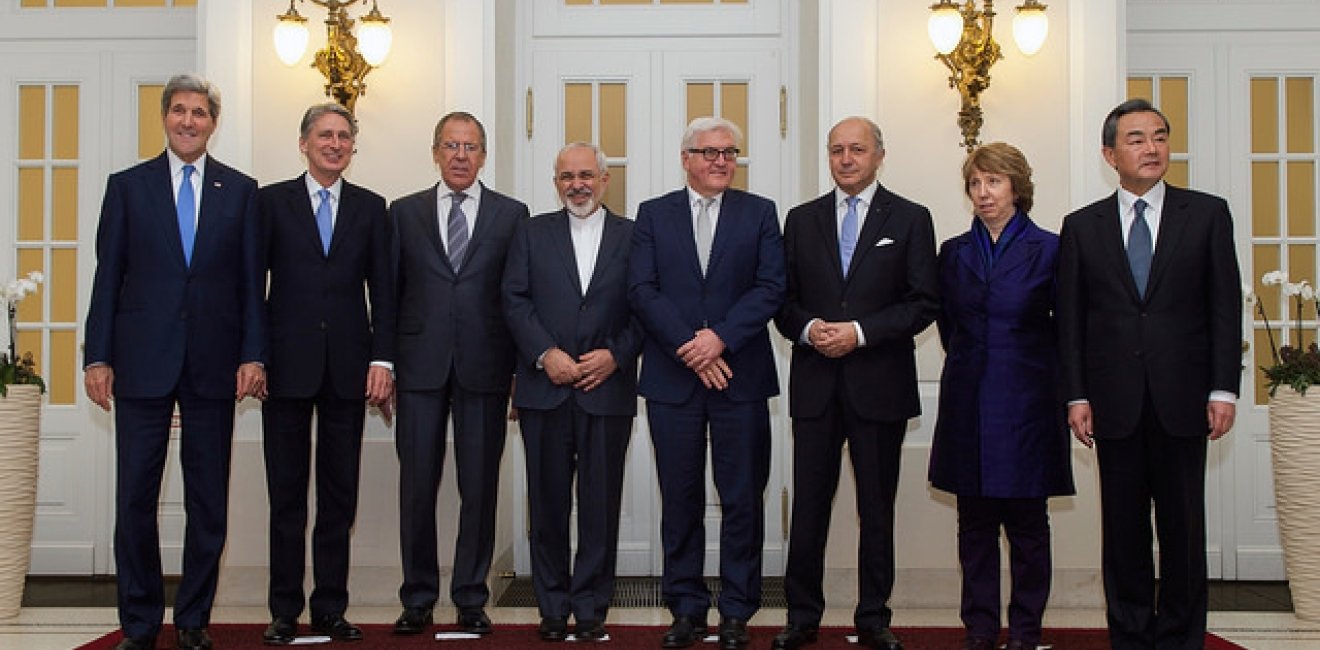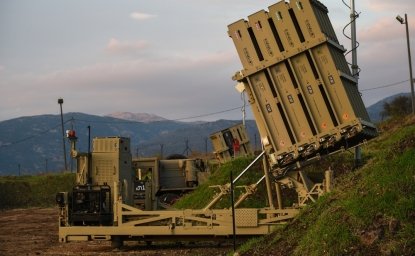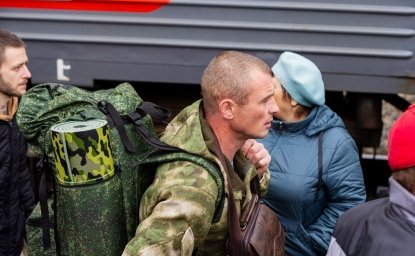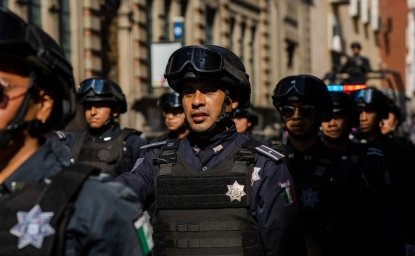Already, the extension of nuclear talks announced Monday is being portrayed in Iran as a victory for its negotiating team. In a televised interview Monday night, President Hasan Rouhani made clear that Iran would not stop its centrifuges or give up its technology. What’s been agreed to is, indeed, a bonus for Tehran as its government continues to access about $700 million a month from its frozen assets.
Western negotiators and Iran had more than a year to reach a comprehensive deal. Despite repeated assertions that Nov. 24 was a firm deadline, it seems that neither side took the date seriously. The Iranian negotiating team had its instructions and stuck to its position, even though no reprieve in the sanctions regime was offered. The Iranians know that the U.S. Senate will change hands in January and that it would be very difficult for the Obama administration to work with a Republican majority whose members have been skeptical of negotiations throughout the process. It is hard to see how the next seven months are to produce a change of mind among Iran’s leaders, including Ayatollah Ali Khamenei, that 14 months of negotiations have failed to bring about.
The ostensible sticking point has been the size of the uranium enrichment program Iran would be permitted to retain under a comprehensive agreement. It is telling that Iran has made a sizable investment in uranium enrichment while making scant progress on building the nuclear reactors for which that fuel is ostensibly intended. Because low-enriched uranium for nuclear power reactors can be turned into highly enriched uranium for bombs, the Obama administration and its partners have been adamant that Iran’s “breakout” period, or the time it would take to turn a latent capability into a weapon, must be at least one year. Because Iran faces no existential threat requiring nuclear weapons, a negotiating outcome permitting it to retain the option as a long-term strategic hedge should have been optimal. From a technical perspective, an agreement in which Iran keeps a constrained uranium enrichment program in return for assurances about a potential breakout period should have been within reach. President Barack Obama made clear that the U.S., notwithstanding the views of his domestic critics, would accept such a deal. But the nuclear impasse has proved intractable because of its quintessentially political character in Tehran, where–as Mr. Obama suggested on Sunday–the issue is a proxy for the more fundamental question of Iran’s relationship to the United States and the broader world.
For Iran, a deal would have meant a gradual lifting of sanctions and relief for a faltering economy, as well as a seat at the table on issues related to Iraq, Syria and Islamic State. The U.S. would have tried to alleviate the fears of Saudi Arabia and other Gulf states about Iran as a nuclear power. Tehran missed all those opportunities and now has to deal with a disappointed populace that had pinned a lot of hope to the outcome of a deal. That’s why President Rouhani reached out to the Iranian people immediately, more or less saying: Don’t give up. We will continue the negotiations until we get results.
This article originally appeared in The Wall Street Journal's Washington Wire.







